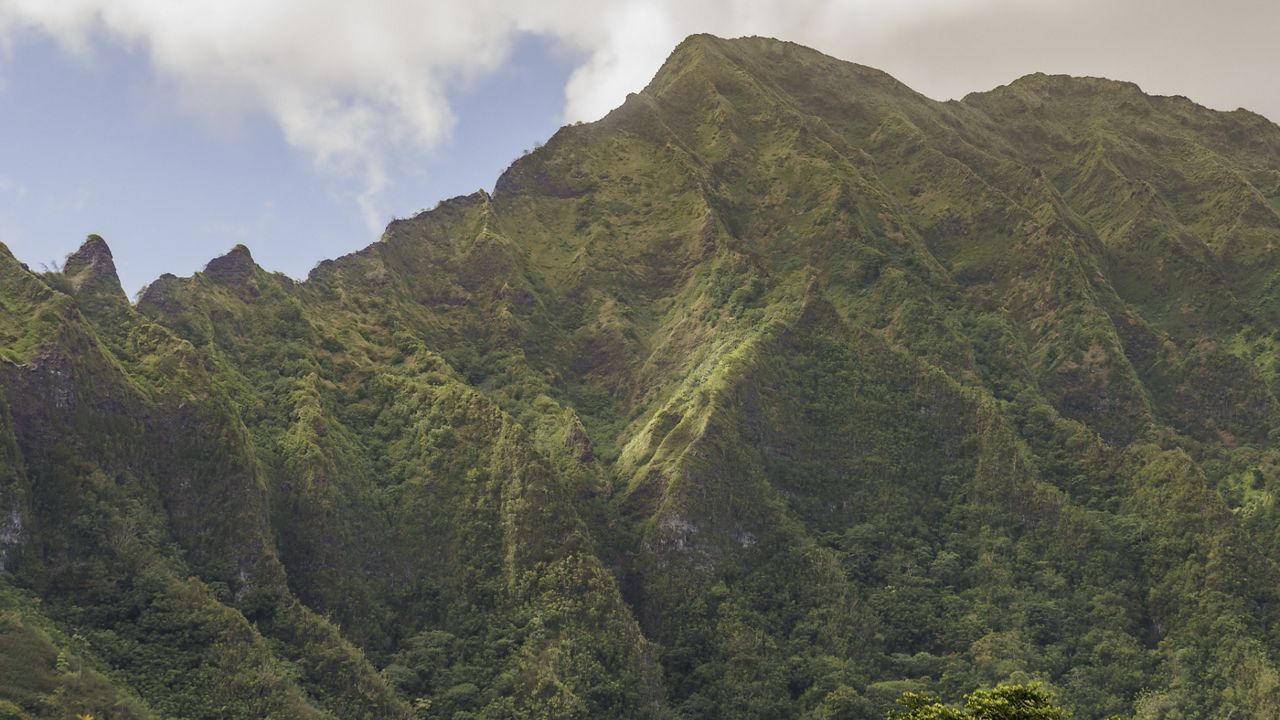The U.S. Fish and Wildlife Service announced on Thursday that $5.1 million will go toward endangered species recovery efforts for Hawaiian and Pacific Island plants, butterflies and moths, freshwater mussels and southwest desert fish.
The funds are part of President Joe Biden’s Inflation Reduction Act, which is aimed at reducing inflation by lowering the cost of prescription drugs for the elderly, expanding health insurance subsidies, promoting clean energy, lowering the federal government’s budget deficit and more. The law will enable the Department of the Interior to assist in the transition to a clean energy economy, advance habitat restoration, land resilience and water projects, and pursue environmental justice for historically disadvantaged communities, according to the agency.
The USFWS is putting $250 million from the Inflation Reduction Act toward climate and conservation projects. Of those funds, $62.5 million will address Endangered Species Recovery Planning efforts. On Thursday, USFWS announced that of those funds, $5.1 million will go toward 36 projects that will benefit more than 580 species listed under the Endangered Species Act.
In the Hawaiian Islands, the projects include $111,000 for rodent control; $156,500 for improving nursery facilities; and $324,500 for protecting endangered plants from feral ungulates. In Guam and the Northern Mariana Islands, $408,000 will go toward the recovery of an endemic tree, Serianthes nelsonii, by increasing outplanting.
“This infusion of Inflation Reduction Act funding will allow the Service to achieve impactful conservation for listed species that have been historically underfunded,” said Service Director Martha Williams.
Stephanie Kurose, a senior policy specialist at the Center for Biological Diversity, said in a statement she is thrilled USFWS is addressing “historic funding shortfalls” for these endangered animals and plants.
“We’ve been fighting for years to ensure butterflies, freshwater mussels, desert fish and Hawaiian plants remain part of our natural heritage. This initial investment provides a much-needed lifeline to these species that have slipped through the cracks,” said Kurose.



